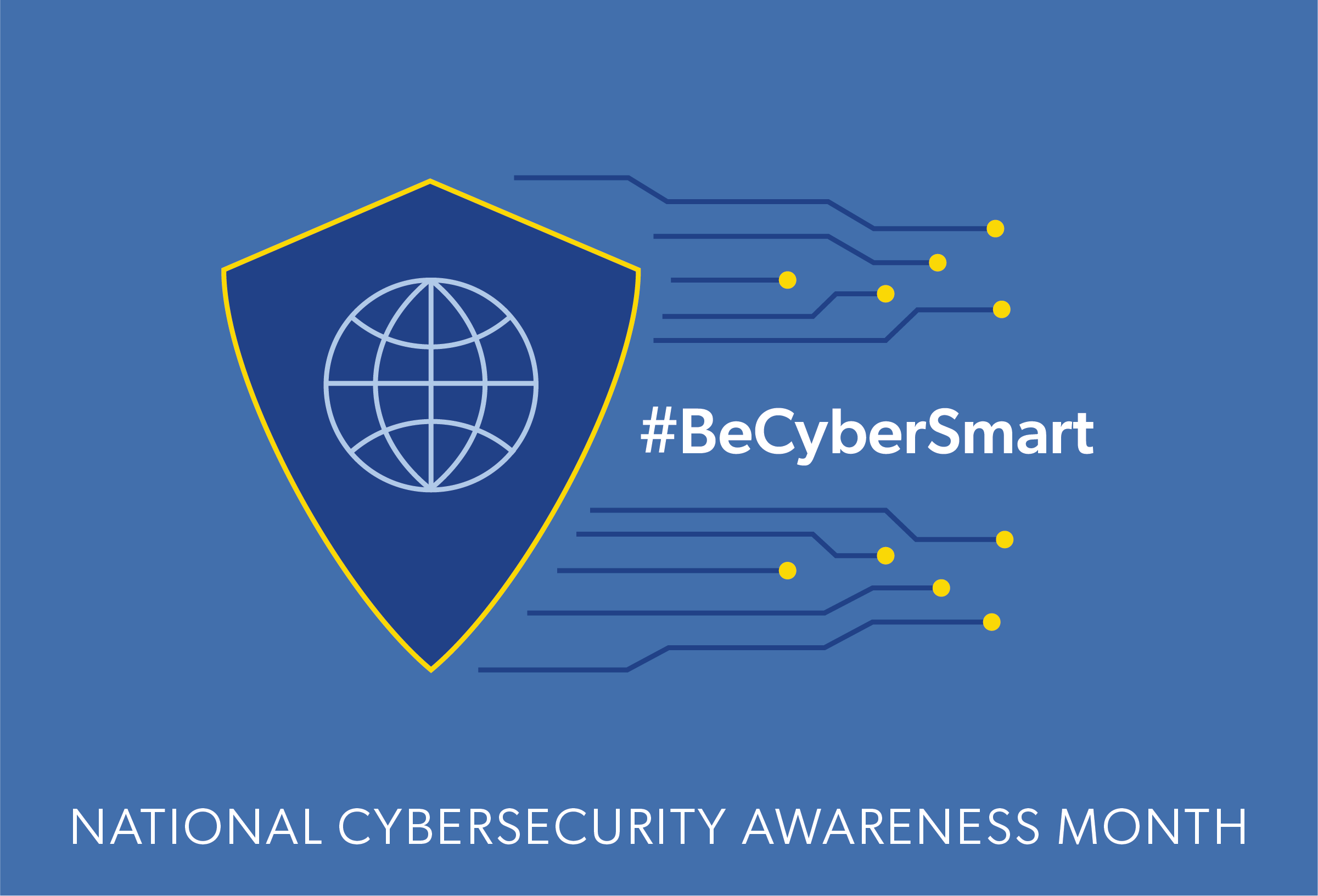
Understand the risks clients face and help them safeguard their businesses
October is Cybersecurity Awareness Month. Businesses are getting exposed to the facts and figures on cyber-related risks. While large enterprises tend to understand their vulnerability, the majority of small and medium businesses don’t consider themselves prone to cyber attacks. Here’s how you can step up as a risk management partner, help your clients understand the risks and save them from getting blindsided by unexpected loss.
Why do cybercriminals target small- to midsize businesses?
58% of cyber losses targeted small- to midsize businesses (SMBs) in 2020. 80% of cybercrime victims get attacked a second time. SMBs tend to think the scale of their operation keeps them off the radar of cybercriminals. But cybercriminals are aware that many SMBs don’t invest in the updates and protections required to keep company data safe. They also know that many businesses are now supporting more remote workers, so companies with out-of-date VPNs and unsecured home networks are particularly exposed.
The financial toll of cyberattacks on SMBs
While larger corporations are often able to absorb losses related to cyberattacks and data breaches, SMBs are more likely to go under. In the past year, 66% of SMBs experienced at least one cyberattack. 60% of those companies went out of business within six months of the attack or breach.
Small businesses are prone to all kinds of cyberattacks, including malware, ransomware, data breaches and other privacy, security and operational risks. Attacks may result in compromised confidential data, stolen funds or costly interruptions of day-to-day business operations.
The most common kind of attack for SMBs is ransomware. In fact, a full 50-70% of ransomware attacks hit SMBs. In a ransomware attack, cybercriminals use malware to take over and encrypt the company’s files and data, and then hold the data “hostage” until they are paid to release it.
Ransomware attacks are particularly costly and may incur a range of expenses that most SMBs are unaware of, including:
- Negotiation with cybercriminals
- Payment of ransomware demands
- IT forensics costs
- Informing customers of the breach
- Recovering compromised data
- Public relations expertise
- Credit monitoring
- Brand identity restoration
- Losses arising from security and system failures
How get SMB clients onboard with cyber
Even clients who have never considered themselves at risk are likely to get onboard when faced with the reality of the potential costs and the startling number of cyber attacks faced by SMBs in recent years.
Brush up on your cybersecurity expertise. Talk to clients about the different kinds of cyber risks they face and the ways in which coverage will protect them. Be their risk management partner and help them think about how to set up a proactive plan that will help them respond and recover in the event of an incident.
Cyber insurance gives businesses the financial support and peace of mind they need to recover quickly from financial losses, security concerns and stresses generated by an attack or breach.
To get a quote, log in to the MOUS® rater, select Quick Quotes then click Cyber Risk Quote.
MacNeill Group® offers competitive options for this crucial line of business. It’s simple to get an online quote for stand-alone policies or as additional protection for your Professional Liability, General Liability or Error & Omissions policies.




 800-432-3072
800-432-3072